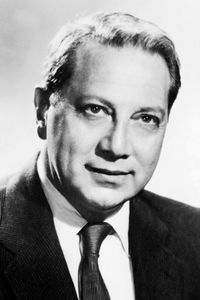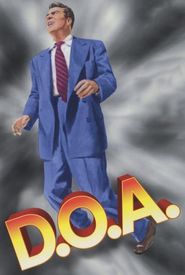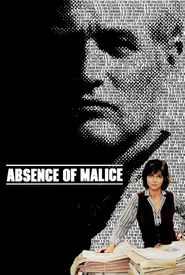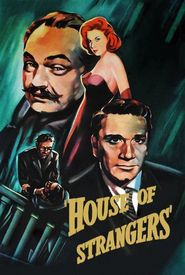Person biography:
Luther Adler was born into a Yiddish theatrical dynasty in New York City. He was one of six children born to Jacob P. and Sara Adler, and his full siblings Charles, Jay, Julia, and Stella (a famous acting teacher) as well as his half-siblings Celia and Abram Adler all appeared on Broadway. His father, Jacob, was a star of the Yiddish-language theater and considered one of the great American actors.
Luther began appearing in family productions at the age of five and made his official debut as an actor at the age of 13 at his father's theater. He made his Broadway debut at the age of 18, billed as Lutha Adler, and appeared in the Provincetown Players' production of "The Hand of the Potter" in December 1921.
Adler's first Broadway hit was "Humoresque" in 1923, and he appeared regularly in top productions throughout the '20s, including "Street Scene" (1929) and "Red Dust" (1929). He was one of the original members of the Group Theatre acting company, which was formed in 1931 by Harold Clurman, Cheryl Crawford, and Lee Strasberg.
The Group Theatre was dedicated to bringing realism to the American stage and was instrumental in introducing the Stanislavsky technique into American acting. Adler appeared in several productions with the company, including "Night Over Taos" (1932),"Success Story" (1933),"Alien Corn" (1933),and two seminal works of the American stage written by Clifford Odets: "Awake and Sing!" (1935) and "Golden Boy" (1937).
He also appeared as the urban ethnic boxer Joe Bonaparte in Odets' "Golden Boy," which arguably was his greatest role. However, when the film was made in 1939, he was passed over for the role, which went to William Holden instead.
Adler became a director on Broadway in 1942, though his first staging, "They Should Have Stayed in Bed," was a flop. He next directed Ben Hecht's pro-Israel propaganda play "A Flag is Born" in 1946, starring Paul Muni and Marlon Brando, which was a hit. He also directed "Angel Street" (1955) and "A View from the Bridge" (1960).
Adler made his movie debut in "Lancer Spy" (1937),but he never became a star in that medium. He had memorable supporting turns in several films, including "D.O.A." (1949),"M" (1951),"The Last Angry Man" (1959),"The Man in the Glass Booth" (1975),and "Absence of Malice" (1981). He also worked frequently on television.
Adler was married to actress Sylvia Sidney from 1938 until 1947, and they had one child, a son named Jacob. Luther Adler died in Kutztown, Pennsylvania on December 8, 1984, at the age of 81.




















































